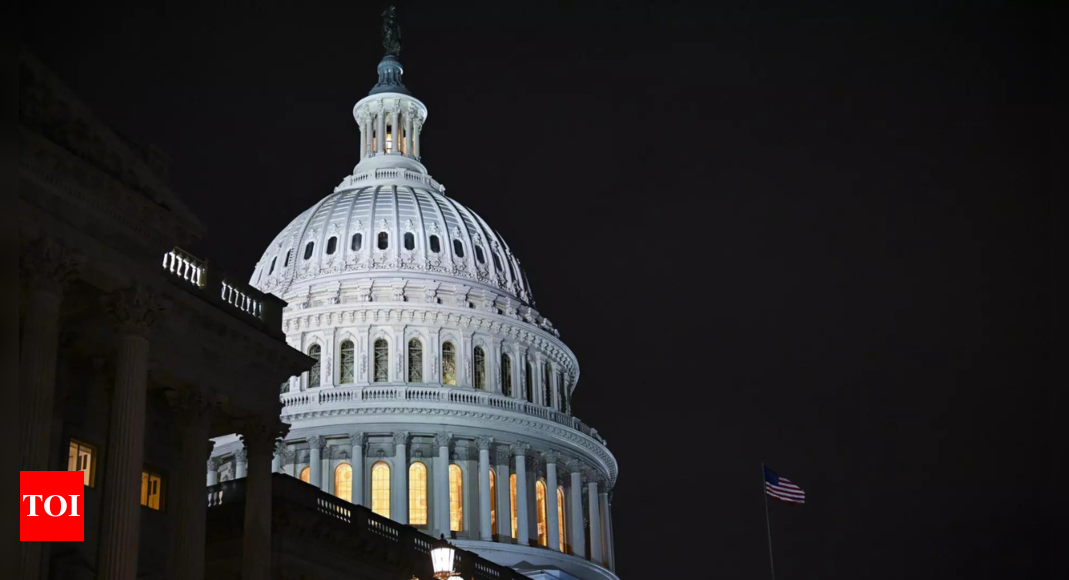Biden Administration Launches Trade Probe into China's Semiconductor Industry in Anticipation of Potential Tariffs Under Trump

Washington D.C., [Current Date] - The Biden administration has launched a trade investigation into China's production of older-style semiconductors, setting the stage for potential tariffs or other trade restrictions if President-elect Donald Trump takes office in January. The probe, conducted under Section 301 of the Trade Act, targets "legacy chips" that power everyday devices from cars and household appliances to telecommunications equipment and military systems.
According to U.S. officials, China's aggressive expansion in semiconductor production, backed by government subsidies, threatens to dominate global supply chains. US Trade Representative Katherine Tai warned that China's policies are enabling its companies to rapidly expand and offer artificially lower-priced chips that threaten to significantly harm their market-oriented competition.
Commerce Secretary Gina Raimondo revealed that two-thirds of U.S. products contain Chinese-made chips, with half of companies unaware of their chips' origin. The investigation will examine China's practices in producing silicon carbide substrates and other semiconductor components, with officials expressing concern that Chinese suppliers often price chips 30-50% below U.S. competitors.
The Commerce Department projects that China could control more than 40% of global capacity in foundational chips by 2032. However, the investigation has drawn opposition from China's Commerce Ministry, which called it "protectionist" and warned it would "take all necessary measures" to defend its interests. The ministry argued that U.S. companies dominate the global chip market and receive substantial government subsidies.
The probe will include public hearings scheduled for March and will be handed over to the incoming Trump administration for completion. For now, the investigation could provide Trump a ready pathway to implement his proposed 60% tariffs on Chinese imports, although industry groups urged caution about potential supply chain disruptions."
